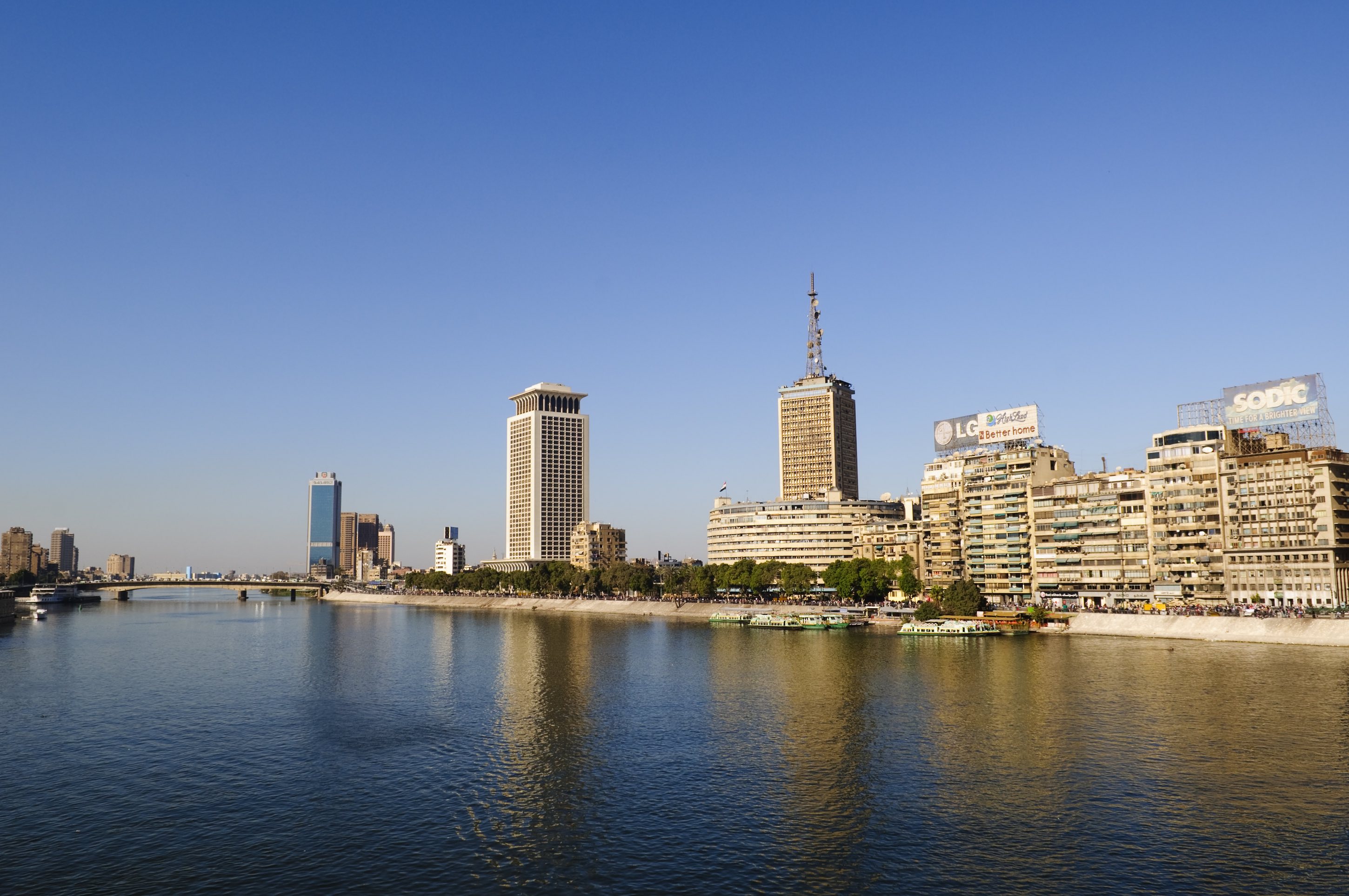It’s clear to most that the Egyptian economy has suffered extensively in the aftermath of the 2011 revolution. Amid the massive drop in tourism, exports and foreign investments, Egypt’s foreign reserves declined by more than 50 percent from USD 36 billion to 17 billion. Even the Suez Canal – an important earner of hard currency – has failed to pick up the slack, with the slowdown of global trade translating into a slowdown of traffic through the Canal.
The bottom line is that anything that once generated a flow of foreign currency for Egypt has vanished and the country is now grappling with an unprecedented currency crisis.
To compound the issue, Egypt is an import-reliant country: With 90 million consumers, we import nearly everything, from energy to food and industry inputs. All of these imports are now in jeopardy due to the crippling currency crisis – no dollars means no imports.
The Egyptian economy is now a “Catch-22” case; our only solution to solve the problem is to lock down a huge loan in foreign currency. Since the 2011 revolution, Egypt relied largely on her Gulf friends, particularly Saudi Arabia and the Emirates, in that regard. Egypt has received billions in the form of grants, soft loans and investments. While these funds temporarily soothed the pain of the deteriorating economic situation, oil – the main source of income for the Arabian Gulf – has seen its price collapse and its value drop by 75 percent in the past two years. This steep drop is a true economic nightmare for the Gulf countries and its repercussions on Egypt are almost as catastrophic; we can no longer rely on our Arab friends for the generous support we previously received from them. In fact, they have already begun to withdraw billions of dollars from their reserves and investments around the world to cover their own expenses.
Now, the only choice that remains for us is to seek assistance from international financial institutions to provide us with a large loan in foreign currency. Since Egypt is a member of the International Monetary Fund (IMF), we have the right to borrow from it and negotiations for such a loan actually began soon after the revolution.
However, here is the million-dollar question: Why would the IMF lend money to a country in the midst of an economic crisis? Why take the risk?
The truth is that Egypt’s economic situation is harmful to everyone; the economic downturn in Egypt hurts the West, too. There are several multinational companies in Egypt, most of which are now unable to transfer their profits to their (often Western) mother countries, simply because they are on a long waiting list to access foreign currencies to repatriate their profits in.
Developed countries have long considered the Middle East to be a huge market for their products; international companies secured enormous profits from Egypt, Iraq, Saudi Arabia and the Emirates but when a currency crisis takes place, imports come to an automatic stop. This scenario is exactly what is unfolding now in Egypt. However, Egyptians remain in need of many goods and services that are either not available in local markets or have become extremely expensive due to the hike in the USD rate. This kind of situation calls for a necessary transformation; the market will transform into a factory as Egypt looks to itself to produce the goods necessary to keep the country going, and international companies will begin losing their market share to Egyptian manufacturers.
Therefore, it is of mutual benefit for all; Egypt and Western countries alike need to pump billions of dollars into the sick body of the Egyptian economy through the IMF in order to secure their respective interests. However, to ensure the recovery of these funds in the future, the IMF imposes on borrowers what is called the “Washington Consensus,” which is the prescription of 10 economic policies to alter the course of the recipient economy. Egypt has already implemented many of said policies, including opening its markets to foreign investment, reducing subsidies, floating the currency and abolishing regulations that impede market entry or restrict competition.
The question that remains now is whether or not the expected loan with its economic recipe will play out in Egypt’s favor. The answer is that we perhaps have no other options remaining.
However, history can serve as an important indicator of the loan’s success trajectory; in the 1997 Asian crisis, countries such as Indonesia, Malaysia and Thailand had a simple slowdown in the economy, which turned into a serious recession thanks to the recommendations of IMF advisors. The same scenario was duplicated in Argentina in 2001 and yet again in Tanzania, where the per capita income decreased by 30 percent.
Perhaps the IMF has achieved sporadic success but there is no doubt that neoliberal economic policies espoused by the IMF often work in the favor of the international companies that benefit from opening new markets – but this comes at the expense of the economies of developing countries and, more tragically, these countries’ populations.







Comments (0)